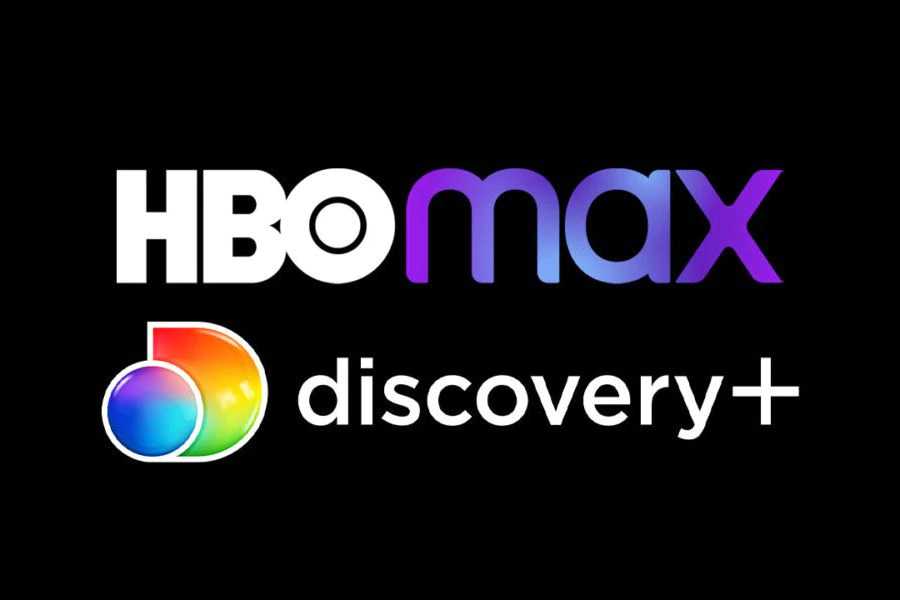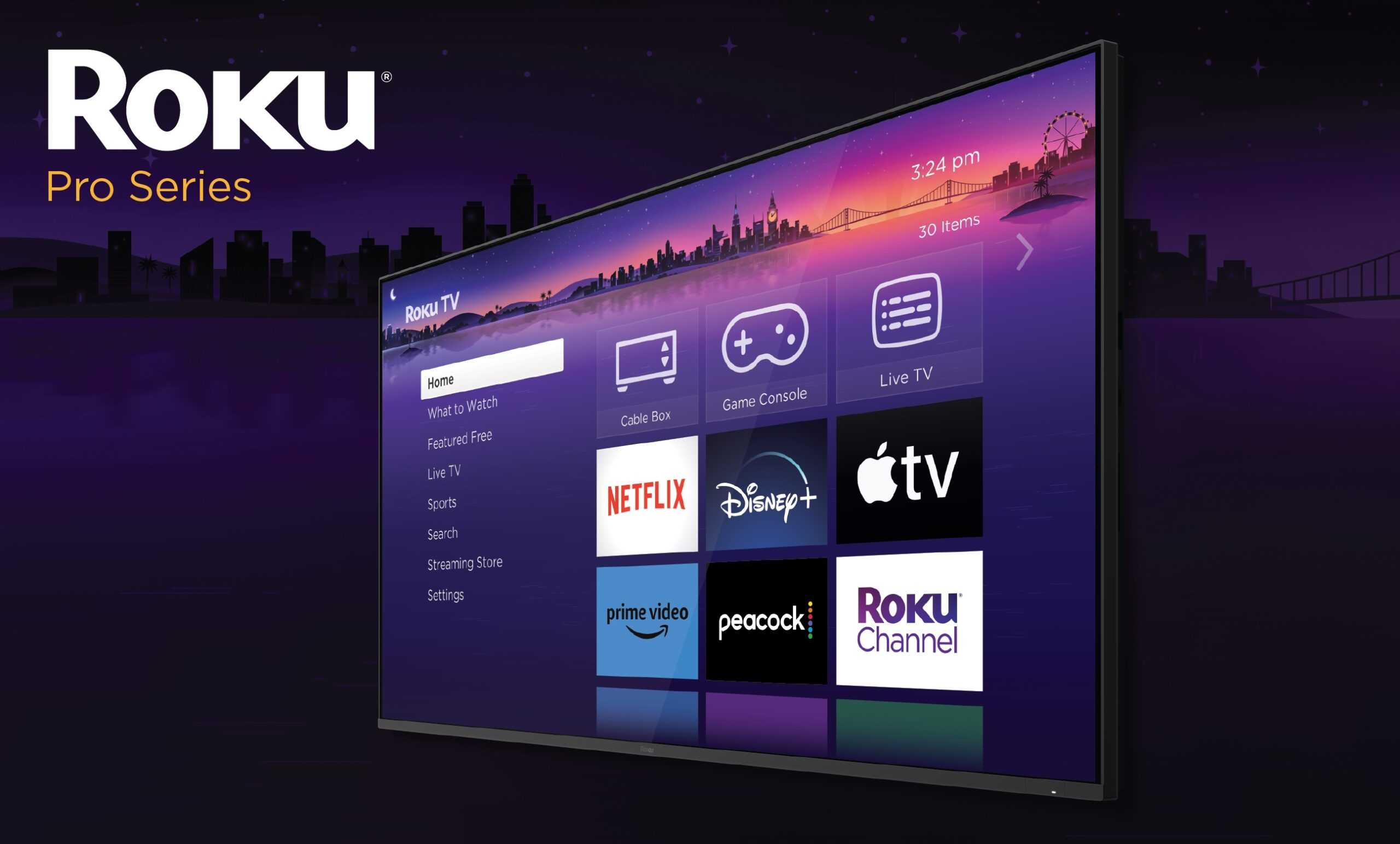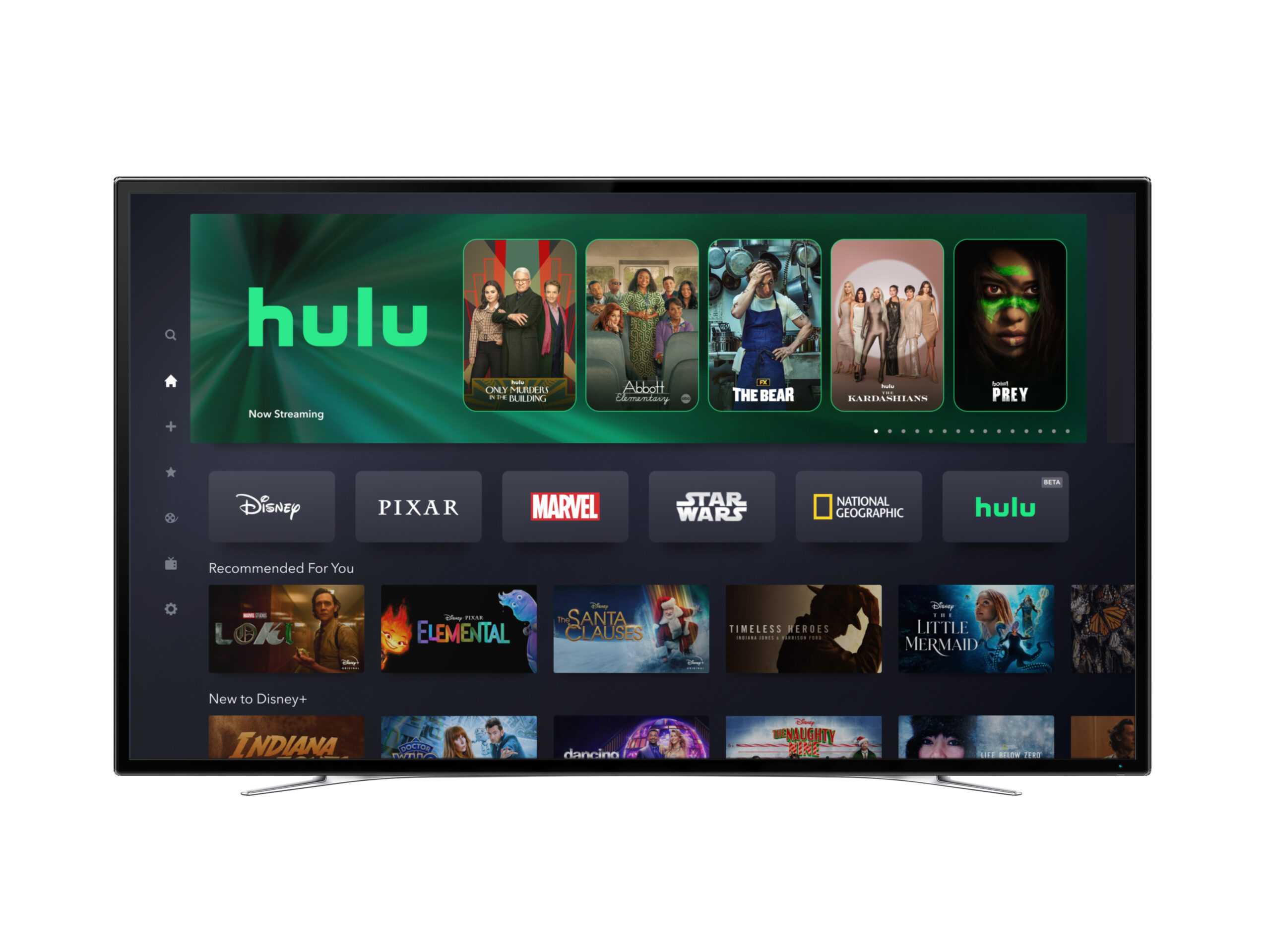With the merger of Discovery and WarnerMedia, Discovery announced that the two companies’ streaming platforms – Discovery+ and HBO Max – would eventually be merging into a single service. Discovery CFO Gunnar Wiedenfels believes it “makes sense,” citing the different demographics of the two platforms and the complementary nature of their content. “In theory, the acquisition power of HBO Max, combined with the retention power of the Discovery content I think is going to make for a blowout DTC product,” he said during his presentation at the Deutsche Bank 30th Annual Media, Internet, & Telecom Conference.
HBO Max is the home of premium entertainment content, including HBO Originals, Warner Bros. theatrical releases, and entertainment brands such as DC Comics, Cartoon Network / Adult Swim, Looney Tunes, and Studio Ghibli. Discovery+ adds nonfiction “lifestyle” content from brands such as Food Network, HGTV, Animal Planet, and Discovery. The combined variety of content from the two services does provide a diverse catalog.
Interpret’s VideoWatch research reveals details of the differing demographics of the two services. HBO Max skews more male (52% of HBO subscribers are male) while Discovery+ tilts slightly in favor of female viewers (53% of Discovery+ subscribers are female). Discovery+ pulls a larger percentage of its subscribers from the age 30-49 age range, while HBO Max brings in more younger viewers (age 18-29) and older viewers (50+).
The unduplicated reach of HBO Max and Discovery+ would make the combined platform one of the top streaming services in the United States, trailing only Netflix. The combined reach of HBO Max and Discovery+ is directionally larger than Hulu and Amazon Prime – influencing over 70% of the US market, according to Interpret data – but within the margin of error of the reach for both of those services.
No pricing information has been provided for the new combined platform; however, both services offer ad-supported and ad-free tiers, and it is expected the new combined service will do the same.
Could the Discover-WarnerMedia merger portend future streaming mergers? The fragmented proliferation of streaming services has seemingly saturated the streaming market with specialized, genre-focused or niche-targeted streaming services. There are limits on the spending and number of services that the average viewer will subscribe to, with each additional service making it more challenging for users to find and discover content.
The solution to these problems lies in either market compression, with streaming services combining to create super platforms, or content aggregation, which would allow users to curate and discover content across multiple services from a single aggregated source. Discover-Warner Media are about to test the former, and its success may dictate any future streaming mergers.







